Yes, the Visio Links page has a few book entries, but I thought you might like to see a more detailed and visually-rich list of the books I’ve found interesting, helpful and entertaining.
What Visio Guy is Reading
These books are still at the front of my bookshelf, sitting on my desk, or even (gasp) still in my rucksack!
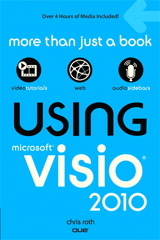 |
Using Microsoft Visio 2010 is my book on using Microsoft’s current version of Visio. The book introduces new users to the essentials for being productive with Visio, details the newest features, offers lots of tips and shortcuts for those aspiring to Power User status, and even has a chapter that introduces you to Visio development and customization!On top of all this you get online access to the book, plus 37 instructional videos and 11 audio clips that make this “more than just a book”. Get it:Using Microsoft Visio 2010 (print edition)Using Microsoft Visio 2010 (Kindle eBook) |
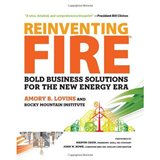 |
Reinventing Fire: Bold Business Solutions for the New Energy Era, by Amory LovinsInteresting plan for moving the U.S. to a safer, cleaner, better world without dependence on coal and oil by 2050. Lots of technologies are already in existence, and their further development could provide exciting and profitable opportunity. Those who to do something decent for their kids, grandchildren and great-grandchildren will find this interesting and motivating. |
| Now You See It: Simple Visualization Techniques for Quantitative Analysis, by Stephen Few | |
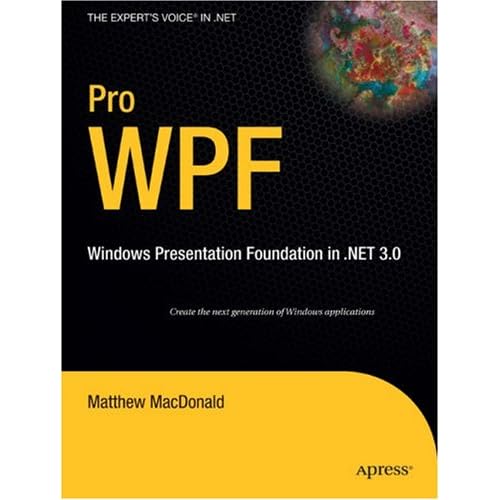 |
Pro WPF: Windows Presentation Foundation, by Matthew MacDonaldThis book is thorough, well-written and nicely-formatted. I get the feeling the author really knows what he is talking about and what is important.I’m about half-way through it, but I can see that Windows Presentation Foundation is going to be a blast of fresh air for my graphics-oriented projects. I can’t wait to get started! |
What Visio Guy has Read (Technical)
I’ve finished the following books, and found them useful (not as monitor stands!), so they are sitting within reach, ready to offer up wisdom at a moment’s notice!
| Moving to VB .NET: Strategies, Concepts, and Code, by Dan ApplemanI used this book to jump to the new world of .NET and escape the shackles of the VB/VBA world. It’s not a flashy book but it is thorough. I think Dan Appleman places value on rigor and discipline and wants his readers to really understand what they are doing.After reading this book, I felt that I had been exposed to high-quality theory, shown best practices and given a “good education” by someone who cares. | |
| Visio 2003 Developer’s Survival Pack, by Graham Wideman The name says “Visio 2003”, but this book is still very relevant if you are serious about developing automated solutions for the Visio platform, then you will want to get this book. Graham dives deep into a lot of topics that can frustrate Visio developers and sheds light on some of the black magic that is required to get Visio to do your bidding.The companion web-site includes a wonderful set of code samples and utilities that will aid in your development efforts and exploration. |
|
| Visualizing Information with Microsoft Office Visio 2007, by David ParkerMr. Parker fills in the void left between the Visio 2003 Developer’s Survival Pack and Visio 2007. While his book is full of practical code samples, it also contains lots of power-user information, so it is not “just for developers!”Since Visio 2007 includes exciting new, data-related end-user features, a good portion of the book is devoted to explaining and using these features. Code snippets are added to take the data features to the next level, but power-users can ignore the code and still benefit immensely.Visualizing Information with MS Visio 2007 is also a great preparation guide if you are interested in the Microsoft certification exam: 70-545 Microsoft Visio 2007, Application Development.For a more in-depth review, check out the article: Book Review: Visualizing Information with Microsoft Office Visio 2007.
|
|
Non-technical Books that Visio Guy is Reading or has Read
If you’ve got some spare time on your hands and feel like reading something non-geek, you might find these interesting. Or you might determine that I am certifiably nuts. Either way, enjoy!
| The Artist’s Way: A Spiritual Path to Higher Creativity, by Julia CameronI think this book’s 12-week methodology really has something of merit. Admittedly, I’ve never finished the whole weeks, though I’ve started a few times. It’s about unblocking creative blocks, and getting in the habit of doing whatever it is you do, without worrying about creating a masterpiece every time. Once you get used to producing on a regular basis, you’ll be free (and comfortable with) tossing out the 99% junk that you create and loving the rest! If you’re stuck in a creative rut and need to unleash yourself on the world, you should give this book a try. | |
| Der Dativ ist dem Genitiv sein Tod. Ein Wegweiser durch den Irrgarten der deutschen Sprache, by Bastian Sick If you’ve learned the German language, then you’ve certainly been frustrated by it! The title translates to “The Dative-case is the Death of the Genitive-case” and underscores the fact that German can sometimes be too complicated for even native speakers(!)The book is a collection of Bastian Sick’s column “Zwiebelfisch“, which has appeared in Speigel Online since 2003. Each chapter offers a tongue-in-cheek, witty discussion on some aspect of the German language that is misunderstood, annoying, or often misused. From annoying importations of English phrases, to Der-Die-Das Hell, to the overuse-sting of the best-est most-est superlatives, Mr. Sick always finds something to quip about and make fun of.Even if you don’t understand every word (like me), you’ll still find this book humorous and entertaining! |
|
| Fooled by Randomness: The Hidden Role of Chance in Life and in the Markets, by Nassim Nicholas TalebI liked this book very much, but am having trouble describing why…in a coherent way. The ideas are very interesting, but Taleb never seems to get to the point and tell you how he uses his theories to get rich take action or do something practical. | |
| The Black Swan: The Impact of the Highly Improbable, by Nassim Nicholas TalebI liked this book as well, but I think if you read either Fooled by Randomness or The Black Swan, you’ll probably have had adequate exposure to the author’s ideas. | |
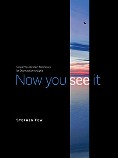
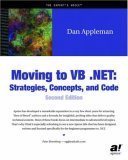
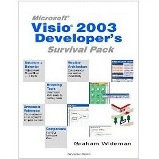
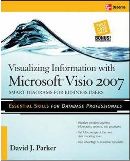
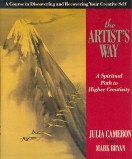

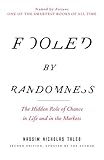


Leave a Reply